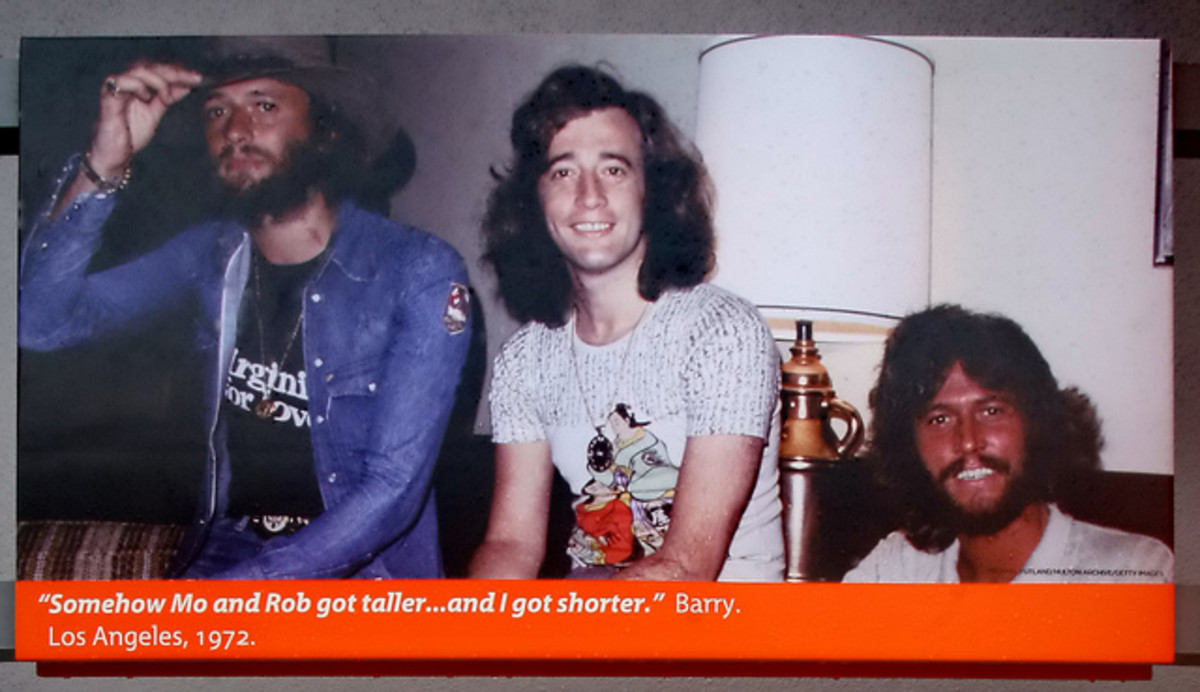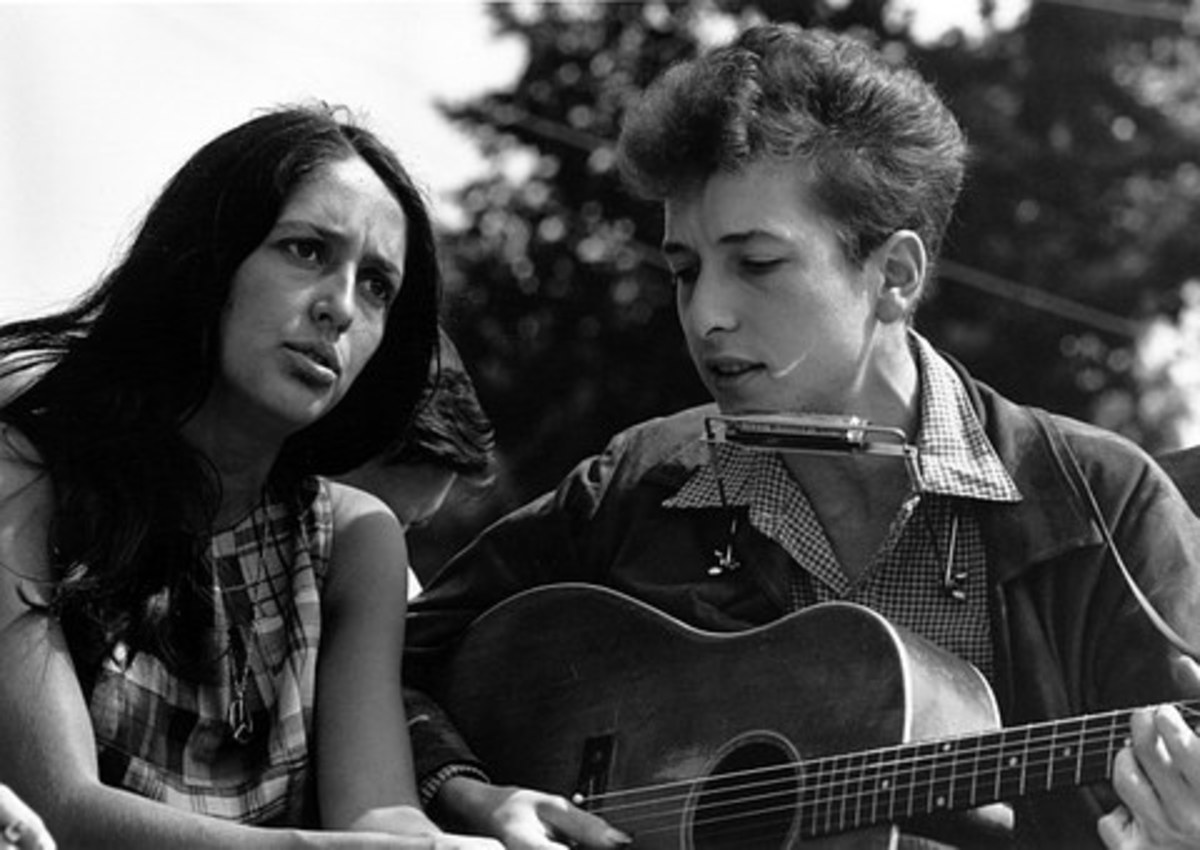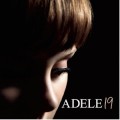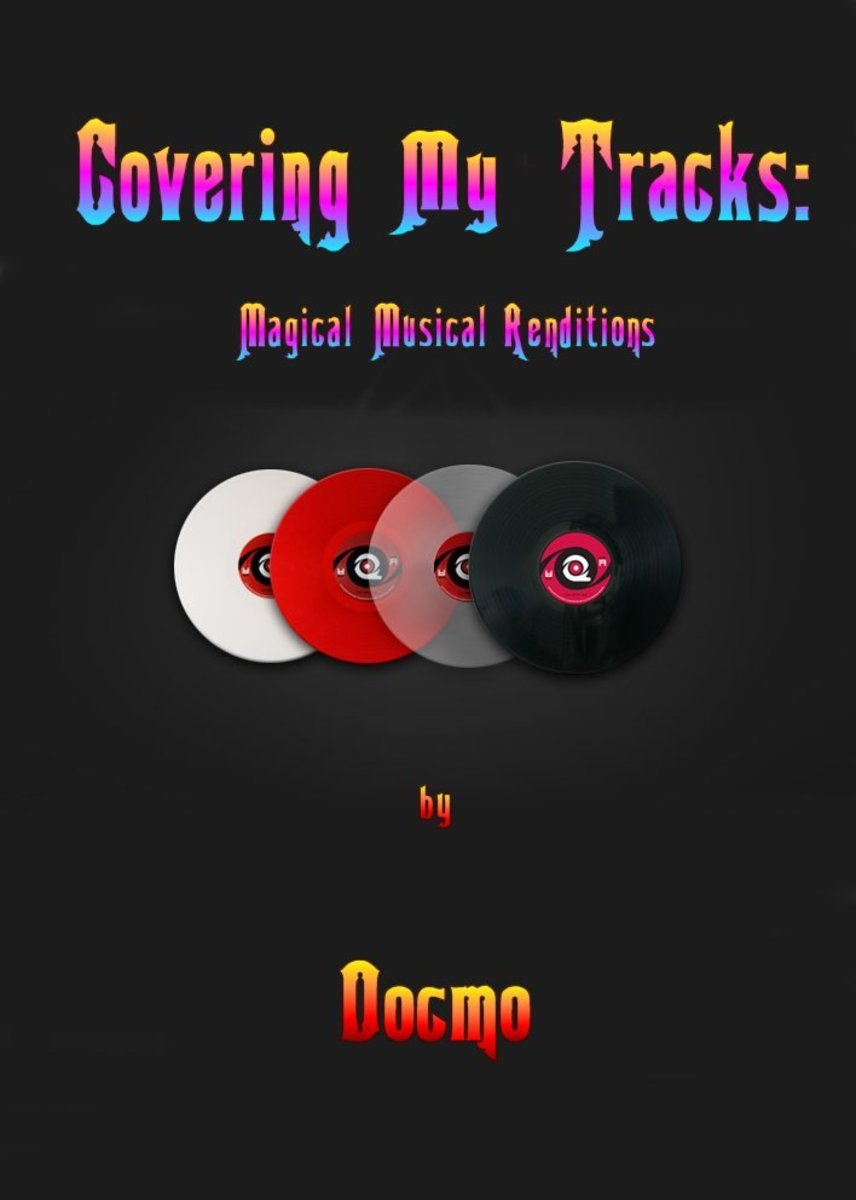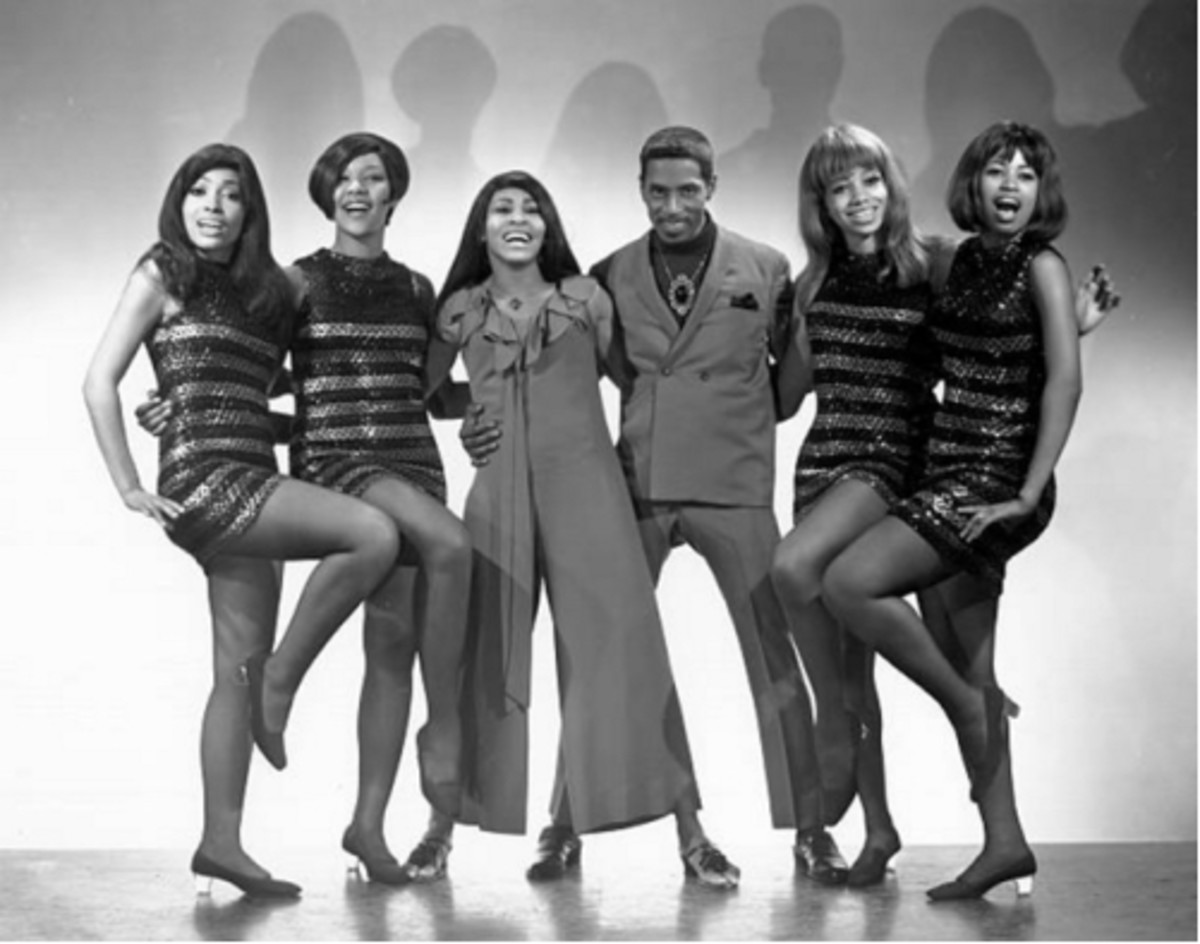Origins of POPULAR music, part 2 ("The Big Generational LINE")
Class lecture: "The Big Generational Line"
First time seen on American TV, a British reporter tries to explain Beatles success
The Beatles' 1st trip to the USA and screaming fans outside their limo in New York City.
The biggest musical act of the 1960's? The Beatles.
Not only were the 1960s important in the development of popular music, those same years (1960-1969) were important years in the cultural evolution of the United States of America as well.
Since this is an article on MUSIC in the 1960s, may I suggest you simply Google phrases like "1960s culture" or "America in the 1960s" to learn more about the pivotal events in the USA during those years. The 60s were a tumultuous decade on all fronts, and music was no exception.
Which PART of the 1960s do you mean?
When someone says to "music of the 1960s", it's important to realize there were two types of popular music in those years:
1. The PRE-Beatles era(1960-1963)
2. The Beatles era (1964-1970, when the band split up)
The most important year for music during the 1960s was 1964. The reason: The Beatles. The Beatles were a "game-changer" in the world of popular music of the day.
Beatles music drew a giant "line in the sand" between all the music that came before. If you liked the music from before the Beatles, you were considered old and un-hip. If you liked the Beatles and the many other artists from England with similar style (in fact, the movement was called "The British Invasion"), then you were up-to-date, and hip.
The music of the Beatles clearly and definitively separated kids from grownups. By "kids", I mean everyone from pre-teens, teenagagers, college-age kids, as well as young adults in their 20s.
Most adults of that era grew to quickly dislike or actually hate the Beatles. Pre-Beatle era adults thought the Beatles were noisy, loud, vulgar, offensive and they had horribly long hair, too.
Most young aduls enjoyed or loved the Beatles, and could instantly spot the dramatic difference between Beatles music and everything else which had come before the Beatles.
FACT: When someone says "music of the 1950's", they mean the "sound of the 50's" which occured primarily in songs between 1955 and 1963. And, when someone says "music of the 1960's", they mean the "sound of the 60's", meaning primarily music between 1964 and1970, the actual Beatles era.
In fact, today, when radio stations like FM, AM or SiriusXM Satellite channels that play "oldies" music actually categorize their music, they often use these divisions.
For example, The 50's Channel on SiriusXM really only plays hit songs from 1955 to 1963 (and NOT 1950 to 1959 as the casual listener might think), and their 60's Channel plays songs from 1964-1970 (NOT 1960 to 1969), because of that generational line in 1964, the year the Beatles began their international fame.
Browse this long article on the history of the Beatles and their effect on popular music and culture in the USA and worldwide.
Your short Beatles assignment: Watch the two Beatles news footage on this page, and notice the ultra-excited crowds of young people surrounding every Beatles appearance in the USA and explain in one short paragraph, why you think this group was so extremely popular throughout the 1960's.

